Language and Identity
13/05/2013
No one can deny, in theory, the importance of language and its role in maintaining the identity of the community as well as its heritage and civilized and humanitarian history. Talking about our Arabic language, the practical application of this vision remains a far-reaching dream in many cases, especially at the level of decision-makers and leaders.
What His Highness Sheikh Mohammed Bin Rashid Al Maktoum, Vice President and Prime Minister of the UAE and Ruler of Dubai, said that “Our language is our identity, a symbol of our pride, our civilization and Arab and Islamic culture” urges everyone to shoulder their historical responsibility from the national and humanitarian perspectives and illuminates their way towards the empowerment of the national language because “to empower and to protect the Arabic language means we are protecting our identity, our history and our culture”, as confirmed by HH Sheikh Mohammed.
This is not a call from an ordinary intellectual, nor is it a wish of anyone who is concerned with the culture of his nation and the language of his faith. It is an attitude and an instruction from the top leadership positions and decision-making centers, making it live up to the level of a national strategy that must be followed and implemented.
The call is concurrent with the second International Conference on Arabic Language, which was held in Dubai over the past few days under the patronage of HH Sheikh Mohammed Bin Rashid, who was keen on attending some sessions of the conference.
Language is wealth and a weapon of high effect in the battle of progress and civilized evolution in which languages and cultures compete in various ways to the extent of struggling sometimes. This made a leader as the former French President General de Gaulle says: “French language did what armies could not do.”
Competition among states and nations in this area is well-known and proven. Perhaps the most important successes achieved by the Israelis in implementing their Zionist projects lay in the fact that they paid special attention to Hebrew, though it had been an almost dead language for centuries and was spoken only by a few millions of Jews and not all Jews. They, however, worked hard to revive Hebrew and make it the language of learning and knowledge and the tongue of politics and practical life. The same applies to many other peoples such as the Japanese, Koreans and others, who look at their national languages as fortunes that they are keen to protect more than any other wealth they own.
Based on this, HH Sheikh Mohammed Bin Rashid’s kind call came to put the Arabic language in the right place it deserves. The call will undoubtedly bear fruit for the achievement of the desired goals and objectives.
Latest Blogs
“Customer Councils” as an Opportunity to Improve Services and Enhance Transparency
Youth and Future Vision of the UAE ICP
Emirates Customs” a unified identity to enhance competitiveness
Zero Government Bureaucracy Programme… Emirati leadership
Cancellation of the ‘residence sticker’ is a step to make Customers Happy
The third generation of developed identity and citizenship services embodies the fifty principles
You can help us improve by providing your feedback about your experience.
Have you recently used our services through our digital platforms?

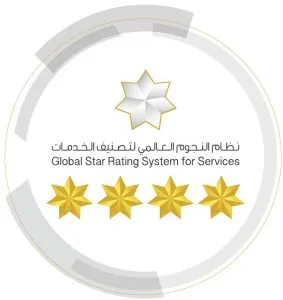
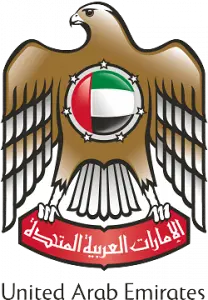
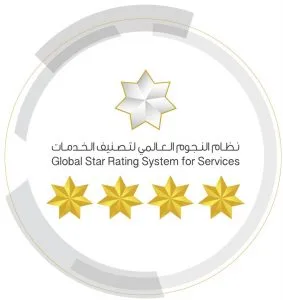
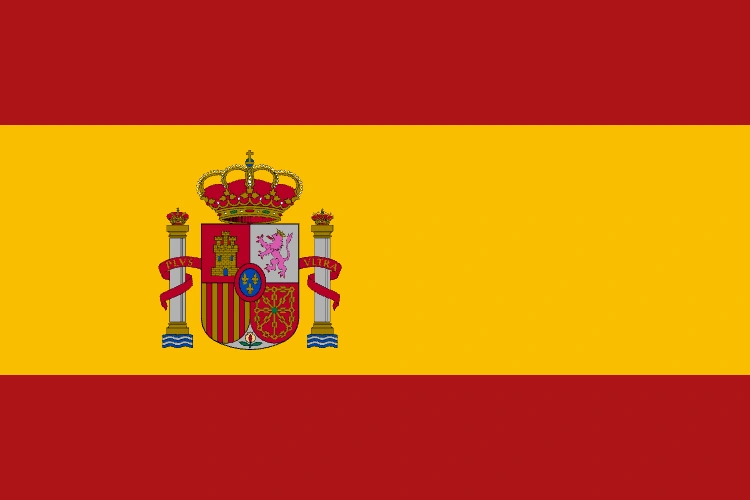
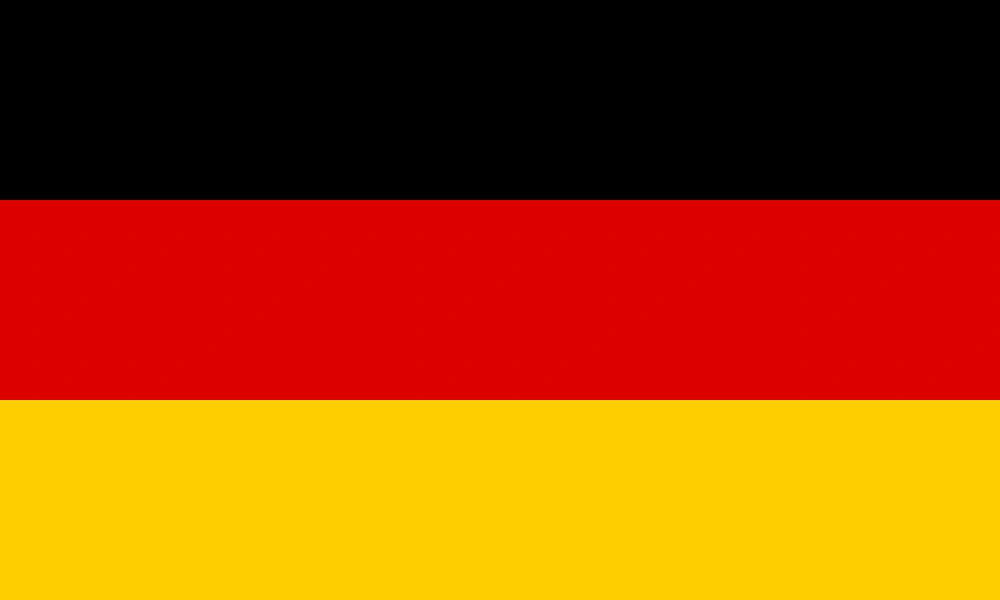 German
German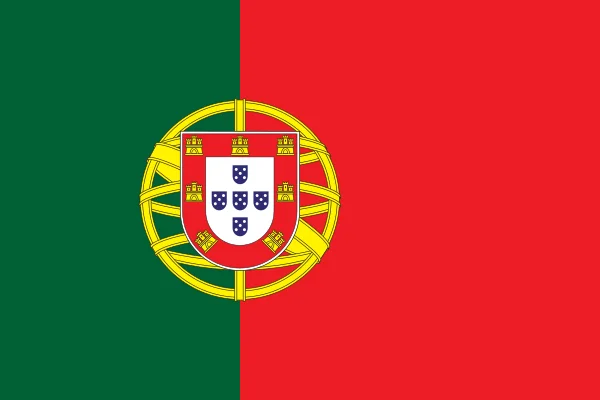 Portuguese
Portuguese French
French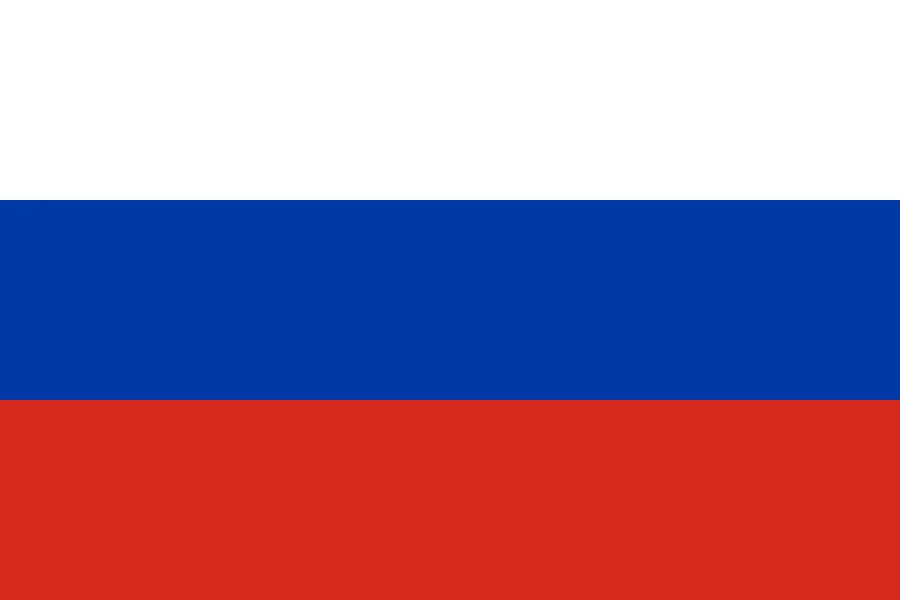 Russian
Russian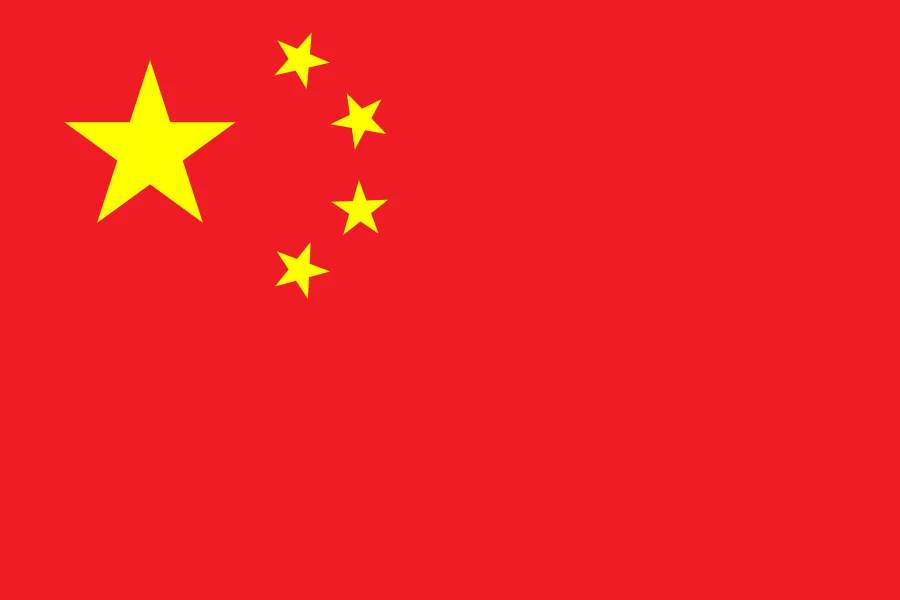 Chinese
Chinese
Rate your experience